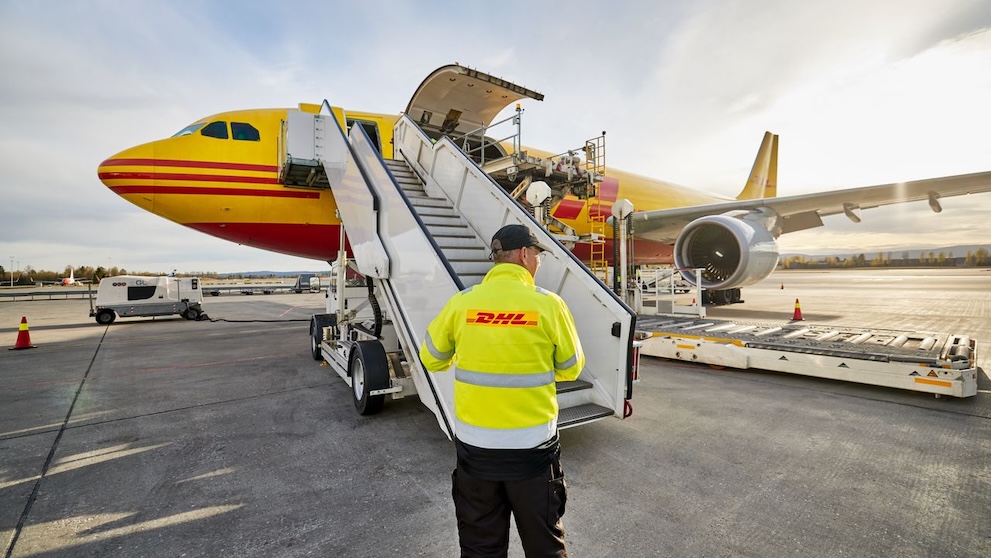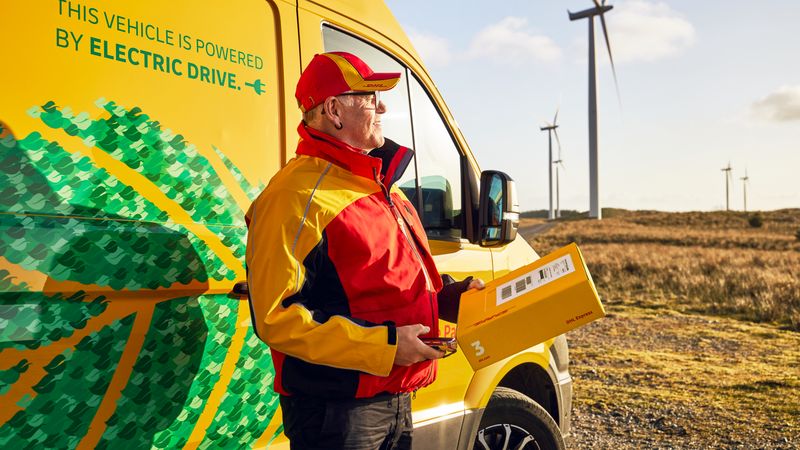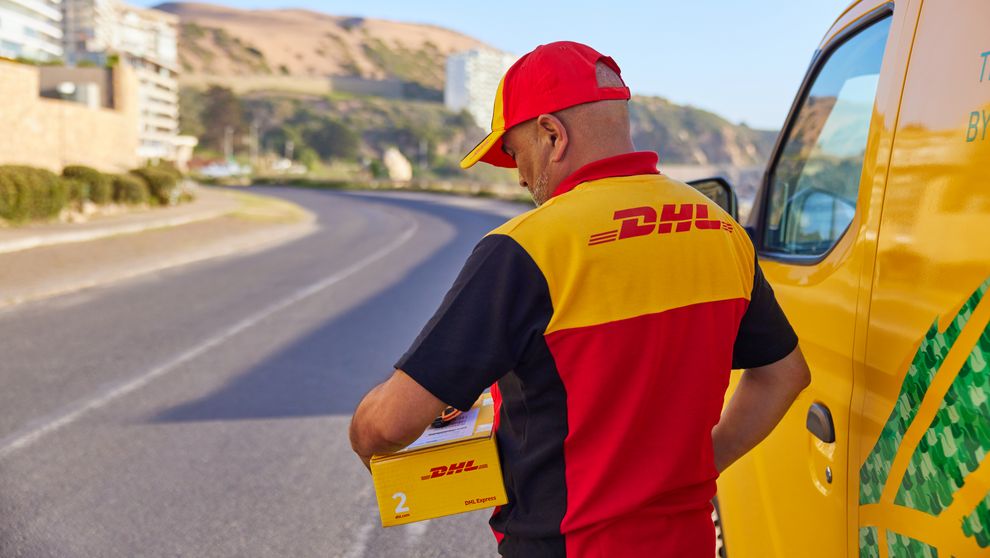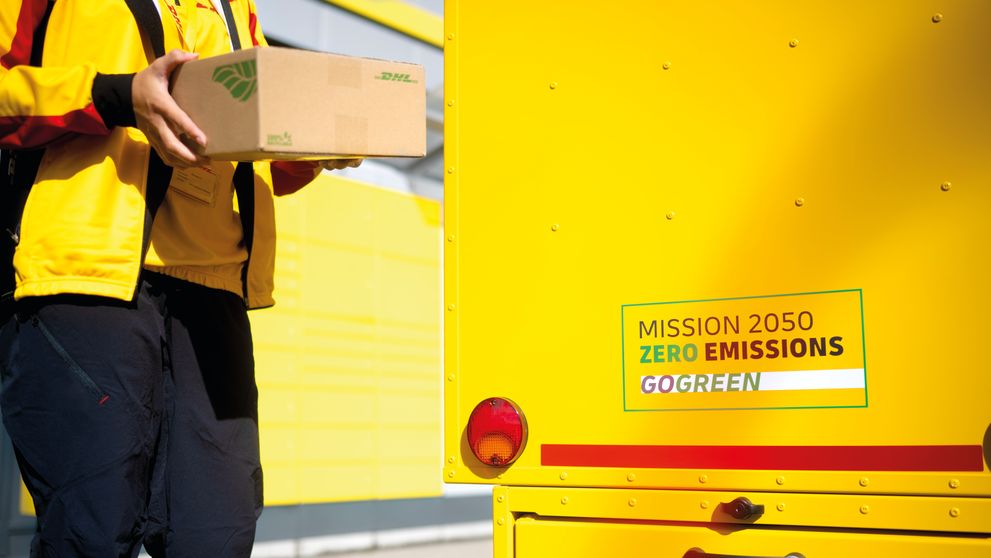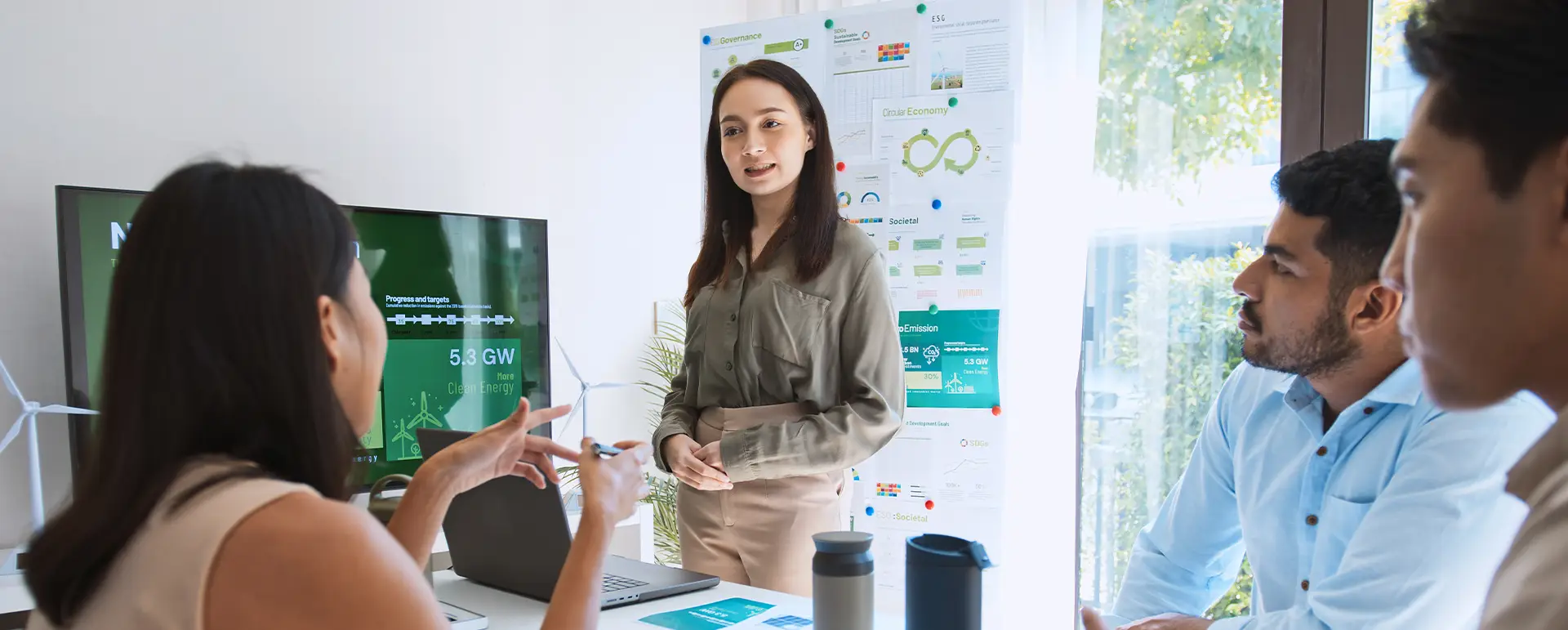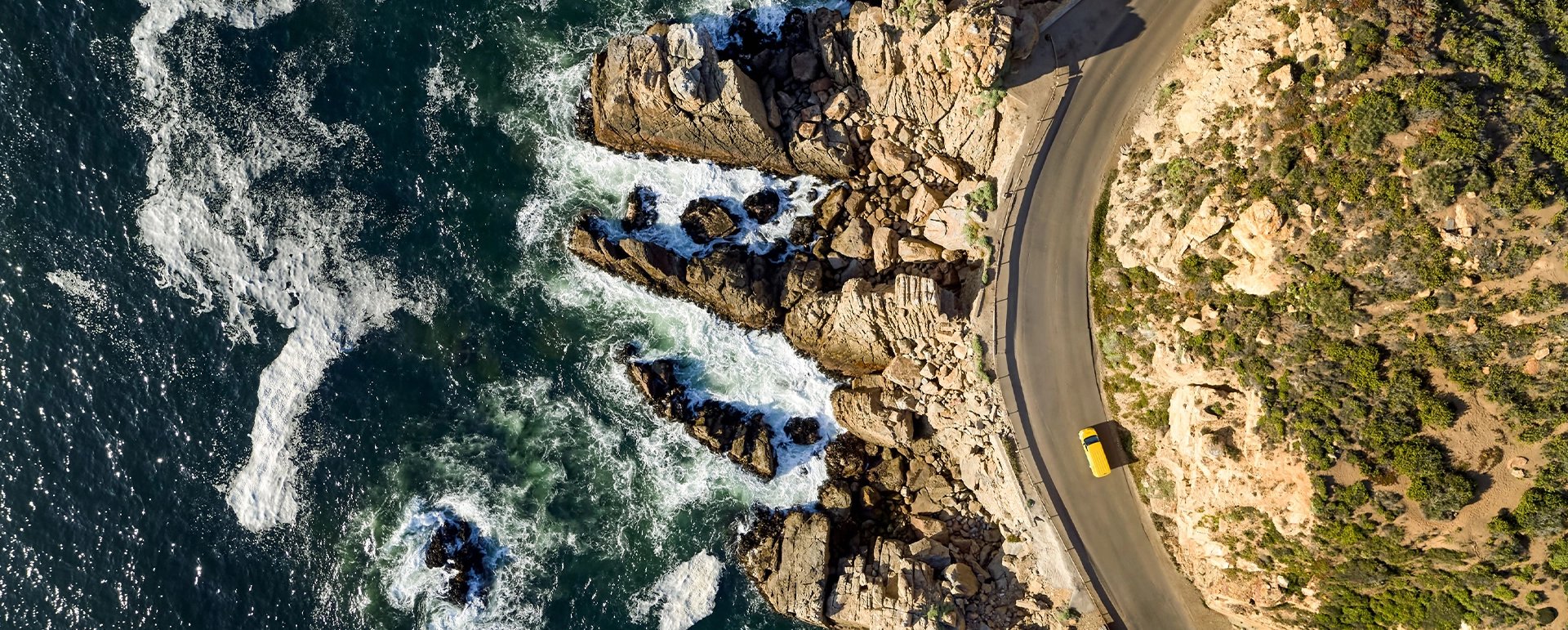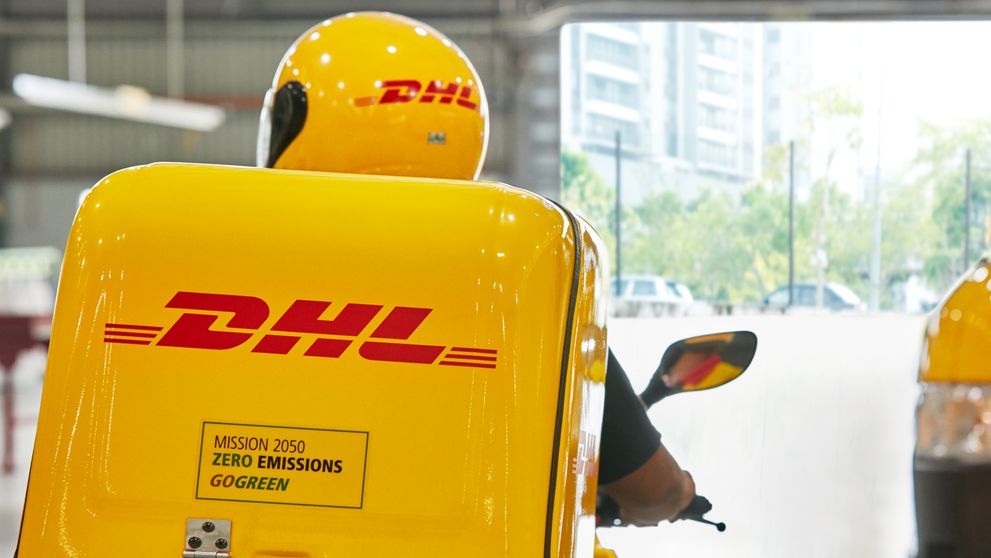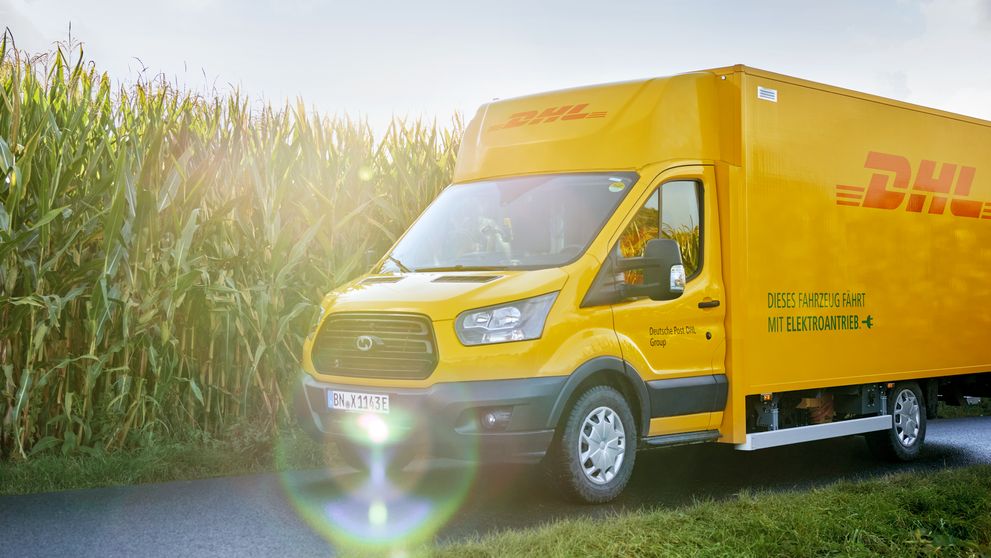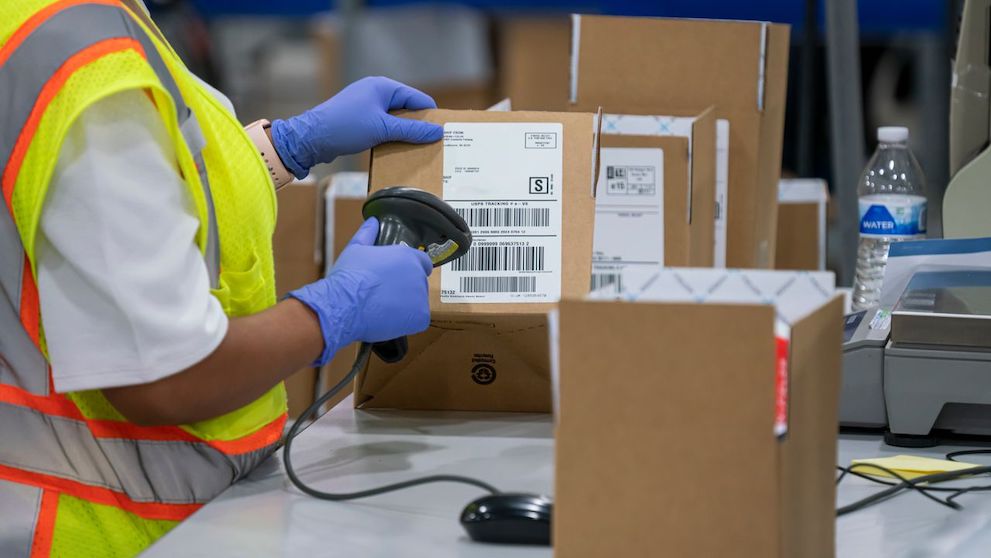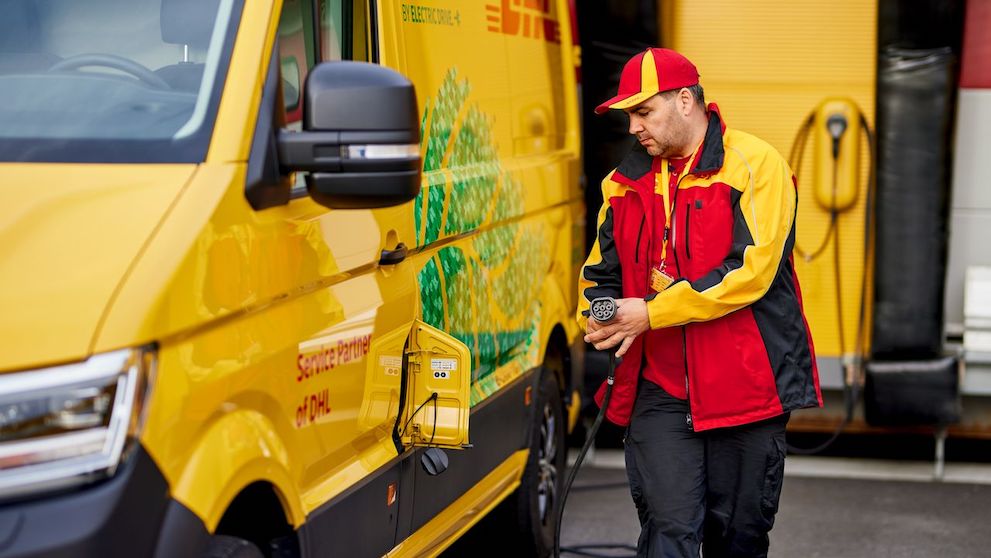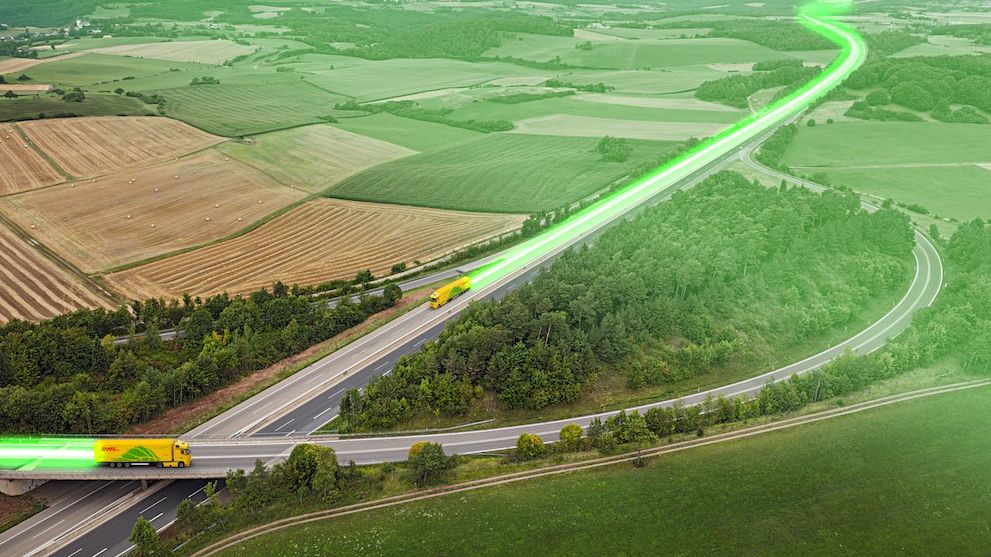The rise in environmental consciousness in the past decade is undeniable. It spotlights the urgent need for change to protect our planet through the adoption of green transportation and more environmentally friendly shipping practices.
In the logistics industry, significant air travel results in substantial aviation emissions, prompting increased efforts to decarbonise aviation. In October 2021, the International Air Transport Association (IATA) passed a resolution to achieve net-zero emissions by 2050, with 65% of this strategy relying on the adoption of Sustainable Aviation Fuel (SAF), showcasing a committed step towards promoting sustainability.
To understand how this change can create more sustainable air travel for Indonesian businesses, it’s crucial to understand what SAF is.
Sustainable aviation fuel and its advantages
SAF is essentially an eco-friendly alternative to traditional jet fuel. It is derived from renewable resources like used cooking oil, animal fats, and agricultural waste, making it carbon neutral. This innovative fuel can significantly cut greenhouse gas emissions by up to 80% without needing modifications to current aircraft engines.
The advent of SAF is particularly relevant for Indonesian businesses as the country continues to expand its footprint in international trade. From January to November 2023, Indonesia's exports totalled US$236.41 billion. In November 2023, the country's imports were valued at US$19.59 billion, marking a 4.89% increase from October 2023 and a 3.29% rise from November 2022.
With this increase in Indonesia's exports and imports, the adoption of SAF presents the opportunity to not only support Indonesia's growing role in international trade but also contribute to a greener, more sustainable future for global aviation.
Indonesia’s international trade and air freight needs
Indonesia's economy thrives on the export of key sectors such as electronics, textiles, and perishable goods, which leverage a combination of air freight and other shipping methods to reach international markets efficiently.
For electronics alone, Indonesia became the 26th largest exporter in the world, exporting a total of US$17.4 billion worth of goods. This achievement underscores the country's growing role in international trade and hints at the potential for even greater growth as it aims to become the world's fourth-largest economy by 2045. Therefore, as Indonesia's import and export activities are poised for significant expansion, it is paramount to adopt sustainable shipping practices in these key sectors.
Furthermore, embracing green logistics solutions, like the adoption of SAF, is also vital to Indonesia’s commitment to its climate initiatives and to fulfilling its pledge to reach net zero emissions by 2060. These practices not only aim to minimise the carbon footprint of international deliveries but also respond to the increasing international demand for greener supply chains.
DHL Express’ SAF Implementation in Indonesia
At DHL Express, our pivotal role in Indonesia’s trade is underpinned by a deep commitment to sustainable business practices. In alignment with our values, we have entered into a landmark long-term strategic agreement, underscoring our dedication to the decarbonisation of aviation logistics.
This agreement involves the acquisition of approximately 668 million litres of SAF, facilitated through sustainable aviation fuel certificates (SAFc). Set to extend over seven years until 2030, this initiative represents one of the aviation industry's most significant commitments to SAFc to date. Through this progressive partnership, we are focused on achieving significant carbon footprint savings, demonstrating our dedication to a more sustainable future in aviation.
For local businesses, choosing SAF over conventional fuel can lead to significant CO2 emissions saved with their shipments, achieving up to a 30% reduction. This choice also means a 100% reduction in "Tank-to-Wake" emissions, which occur from fuel use in-flight, and up to an 80% reduction in "Well-to-Wake" emissions, covering the entire fuel lifecycle from production to consumption.
Essentially, this transition to SAF for Indonesian businesses contributes to a cleaner environment by substantially lowering their product carbon footprint.
